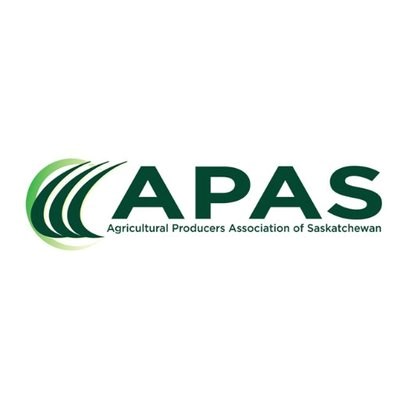The Agriculture Producers Association of Saskatchewan (APAS) has released updated estimates on the impact of the carbon tax on farmers.
The federal government announced that the carbon tax will increase to $170 per tonne by 2030.
“Our updated numbers show that the cost of producing wheat could go up to over $12.50 per acre in 2030 due to the carbon tax,” said APAS president Todd Lewis. “This cost increase is carried entirely by farmers and can’t be passed along to our customers. We’re looking at a reduction of net farm income by hundreds of millions of dollars in Saskatchewan alone, and the modest rebates provided by the federal government won’t make up for these losses. It’s unsustainable for our members.”
The APAS estimates were calculated using key indirect costs that are not exempt from carbon taxation, such as rail and road transportation, electricity, and grain drying. These costs would be even higher in years like 2019, when most of the grain and oilseed crop required grain drying due to a wet harvest.
APAS plans to develop cost estimates for other crop and livestock commodities over the coming months as part of a concerted effort to obtain further exemptions and other forms of financial relief from the added costs.
“The carbon tax is designed to provide incentives to reduce energy consumption, but these dramatic cost increases will decrease our ability to adopt the new technologies that help us do just that,” said Lewis. “In some cases, producers will pay for efficiency gains like high-capacity grain hopper cars through their freight rates, and yet those cost savings will go to the railways.”
In addition to the economic impacts, Lewis also expressed concern about the potential environmental consequences of the carbon tax.
“When you add costs to a producer’s bottom line it creates incentives for them to convert grasslands and other natural carbon sinks into cropland just to remain viable,” he said.
“That works directly against the goals of the policy. Agricultural producers have waited decades to see some recognition of our environmental stewardship, and we have seen a lot of lip service, but not much concrete action.”
Lewis concluded that APAS has been working very hard on engaging federal decision makers on the issue of carbon taxation, and that this advocacy would continue until the problem is addressed.
“Our members expect us to stay on this issue until our concerns are heard.”
You can visit apas.ca/carbontax to see the APAS calculations.




